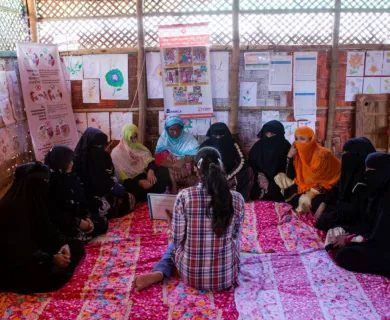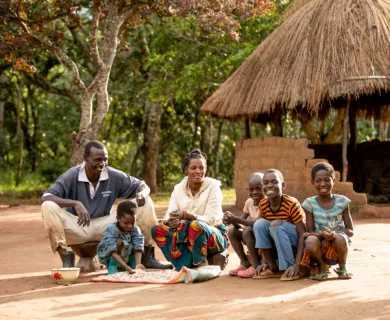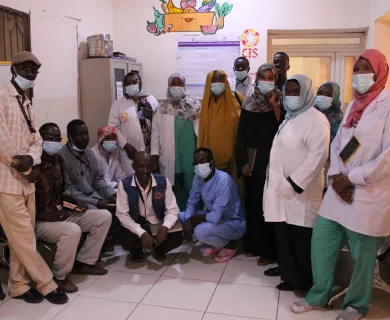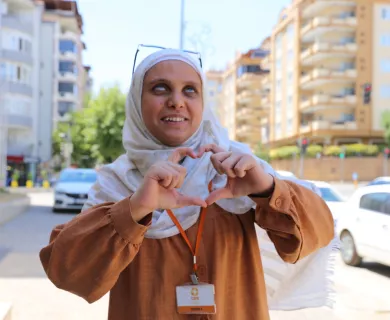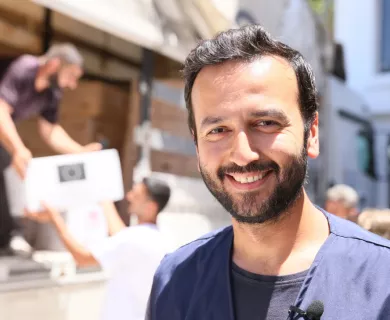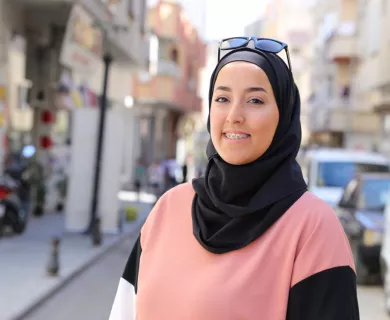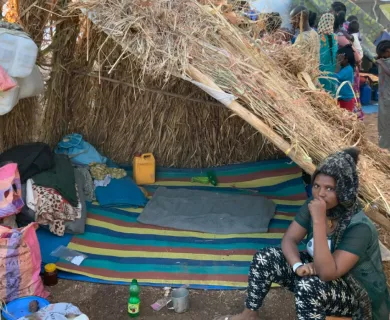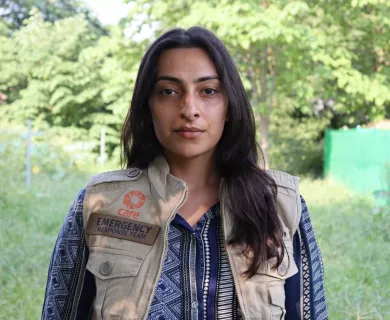Featured
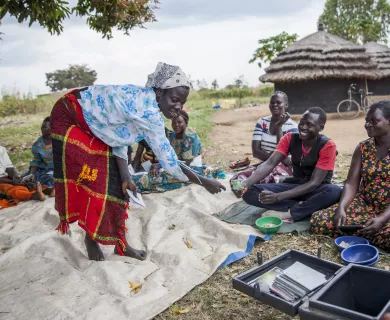
5 Min Inspiration: VSLAs are more than just money
Our Village Savings and Loan Associations (VSLAs) are a proven way of supporting women to develop financial stability, increase resilience to shocks, and invest in income-generating activities. But at CARE, savings groups are about more than just money.
